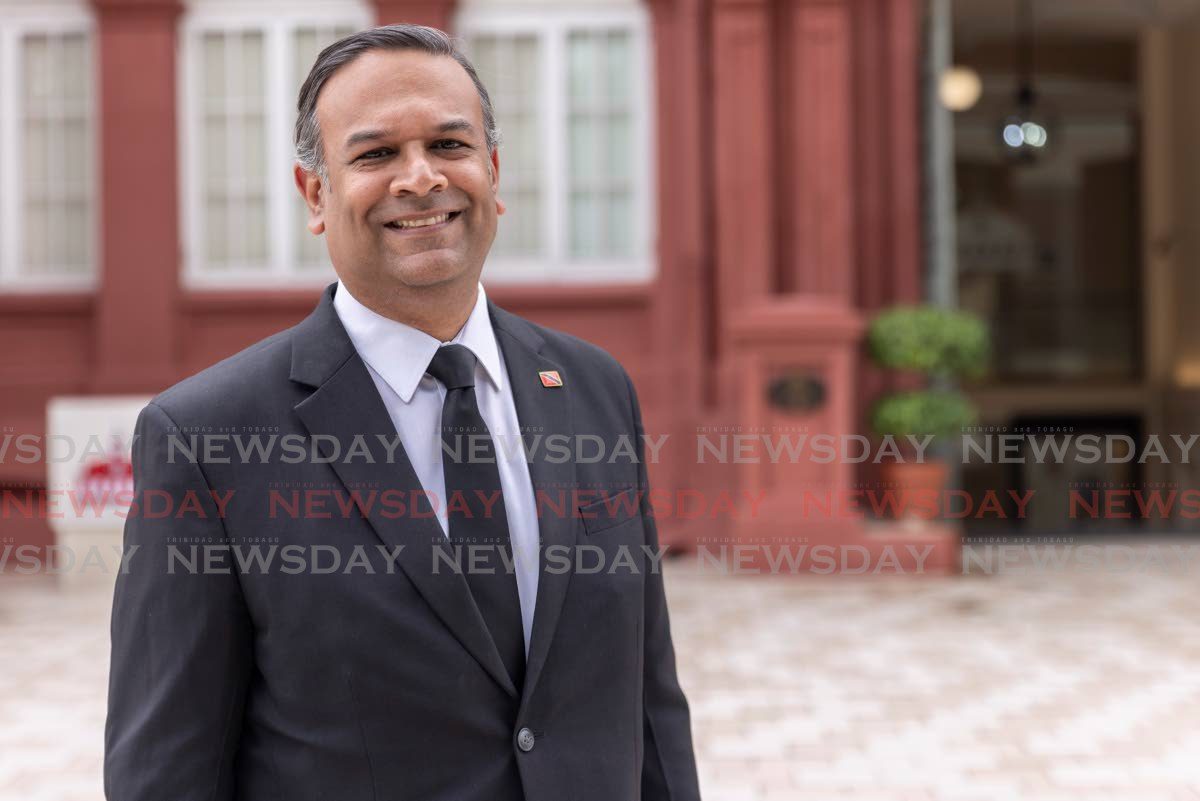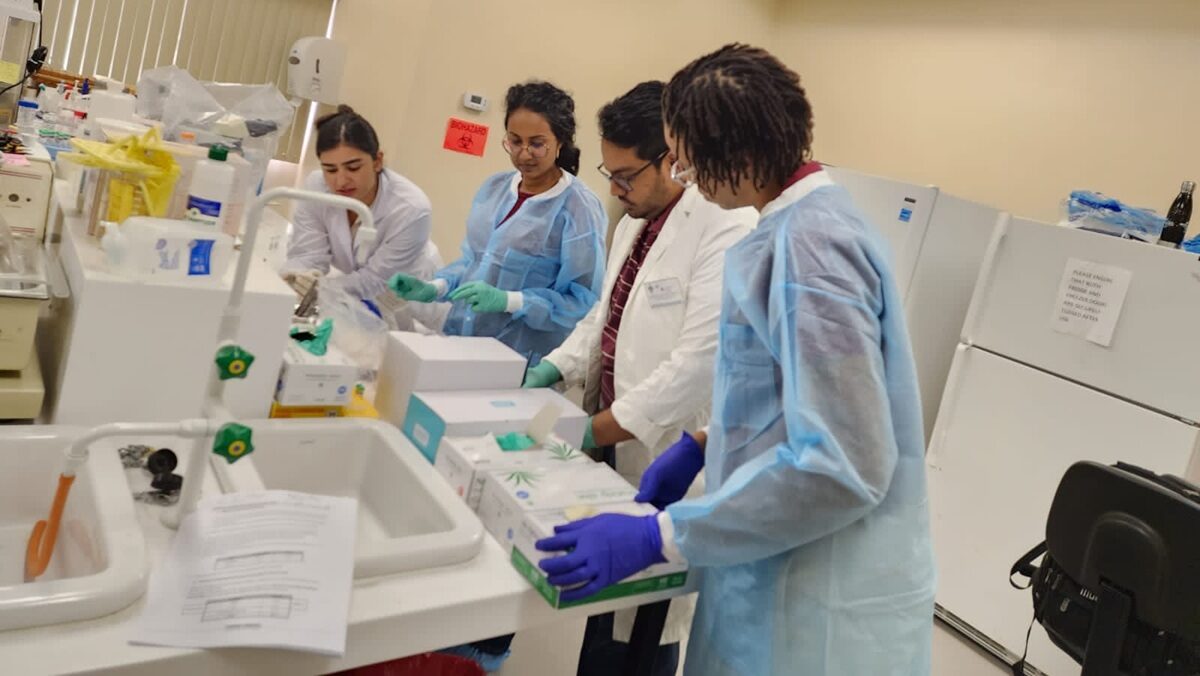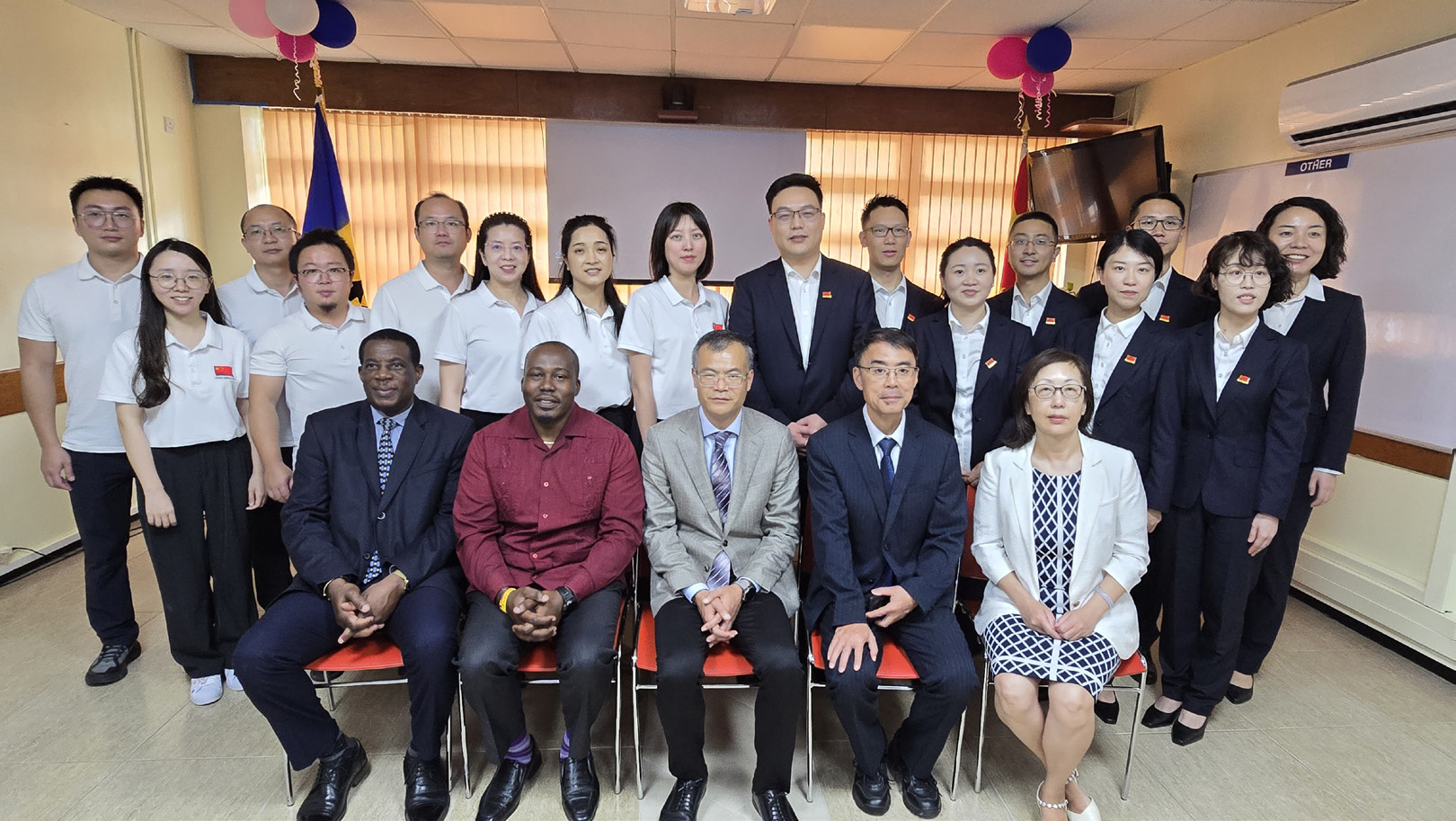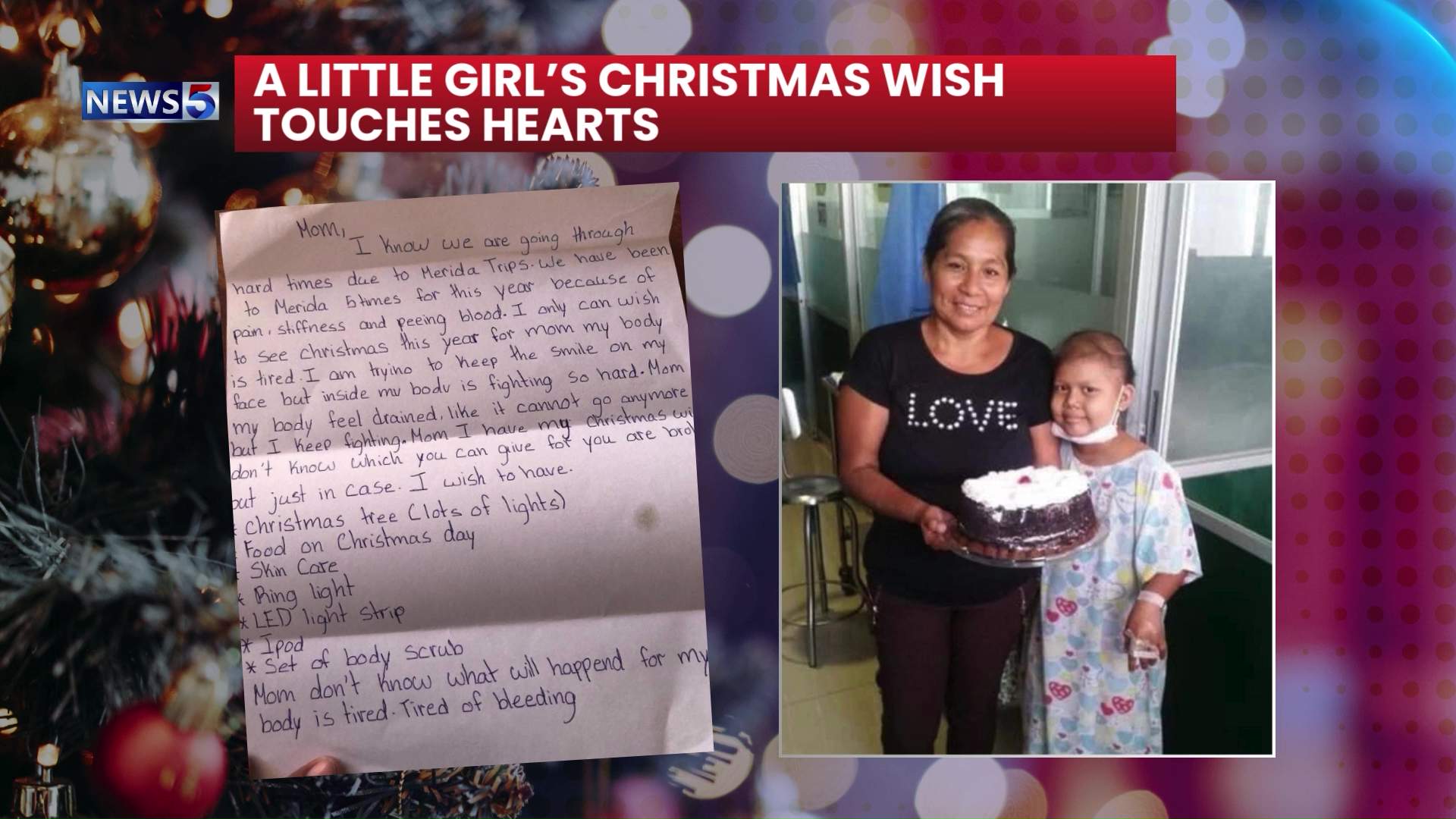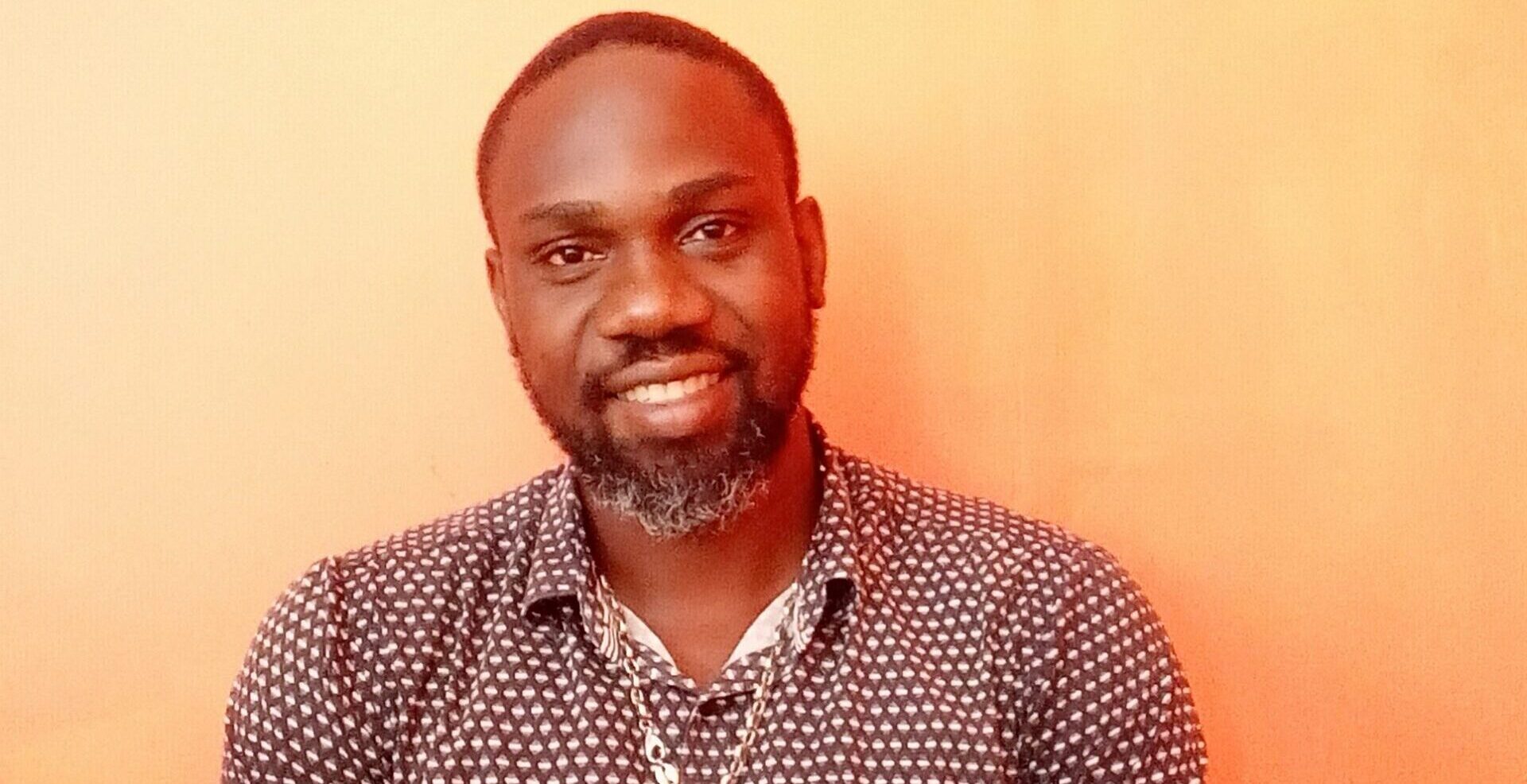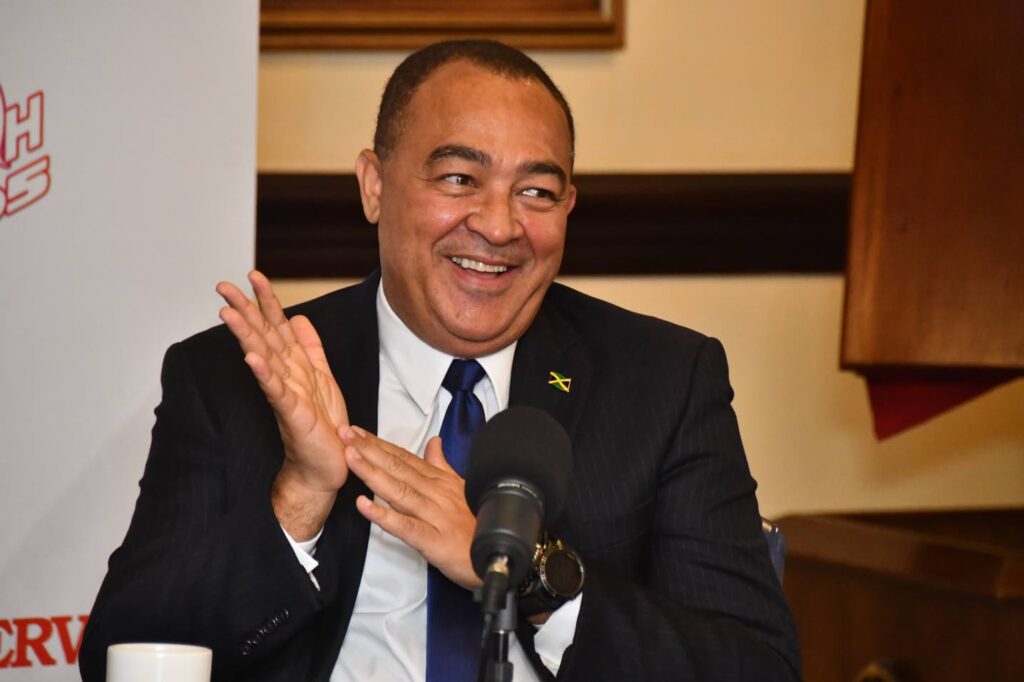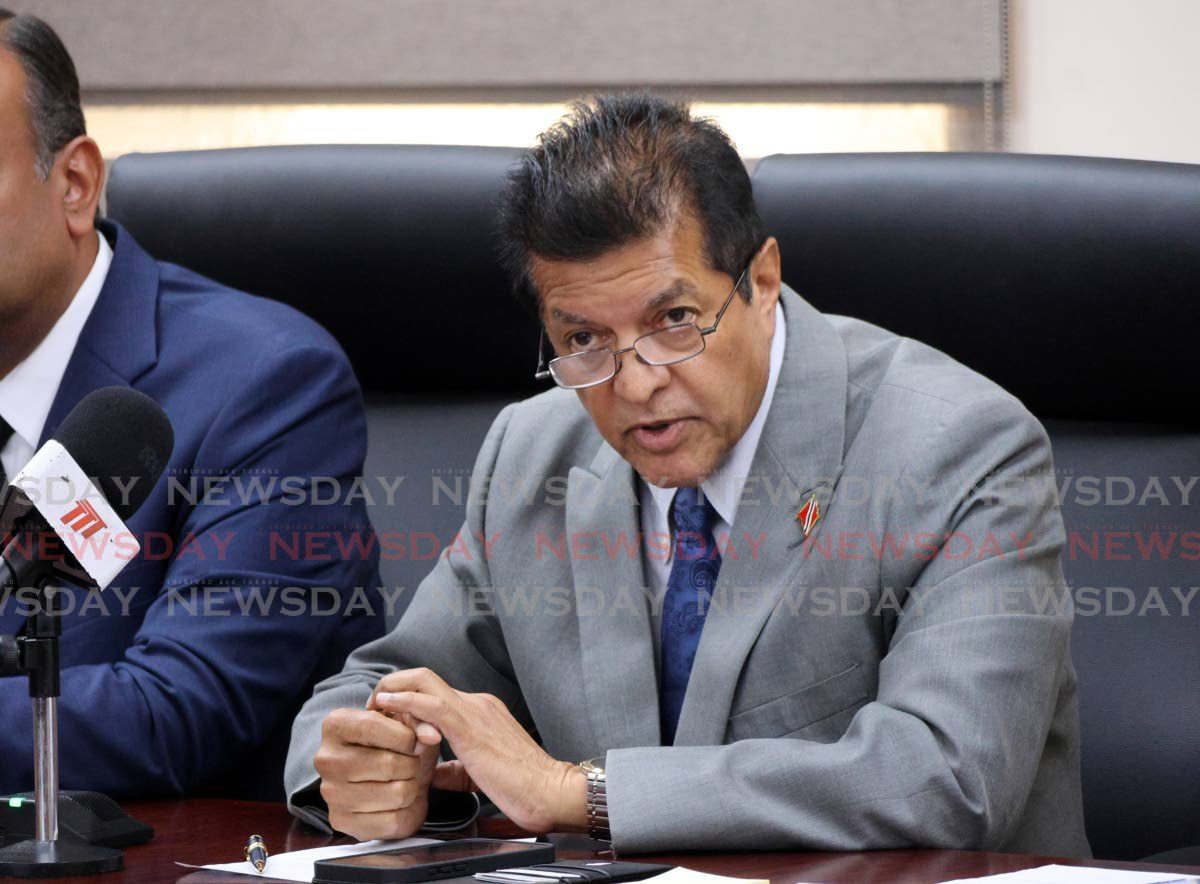The Nippes Department of Haiti is witnessing a significant enhancement to its healthcare infrastructure with the ongoing construction of a specialized biomedical waste incineration facility. This strategic initiative, vigorously championed by Departmental Health Director Dr. Esther Ceus Dumont, represents a critical advancement in regional public health and environmental safety.
During a recent inspection of the construction site, Dr. Dumont emphasized the facility’s vital role in establishing secure disposal protocols for medical waste generated by both public and private healthcare institutions. She characterized the incinerator as an indispensable tool for mitigating health hazards, safeguarding community wellbeing, and ensuring ecological preservation—addressing a longstanding deficiency in the department’s waste management capabilities.
Financial backing for this essential project is provided by the World Bank, with operational oversight delegated to the Project Management Unit and Haiti’s Ministry of Public Health under Minister Dr. Sinal Bertrand. The Haitian construction company SOPEC PLUS has been entrusted with the physical execution of the project.
The path to construction required considerable institutional coordination. The designated plot, adjacent to the Departmental Health Directorate offices, had been subject to unlawful occupation. Through Dr. Dumont’s determined leadership, a collaborative effort involving police, judicial authorities, the General Directorate of Taxes, and the Ministry of Planning successfully reclaimed the property for its intended public use.
Construction is now advancing at an accelerated pace, reflecting the unwavering commitment of health authorities to see this crucial public health project through to completion, marking a new chapter in medical waste management for the Nippes region.

